Deck & Commander Strategies

Urza, Chief Artificer
Focuses on casting artifacts and leveraging Urza’s cost reduction to deploy powerful artifact spells, eventually melding with Mightstone and Weakstone for a game-changing effect.
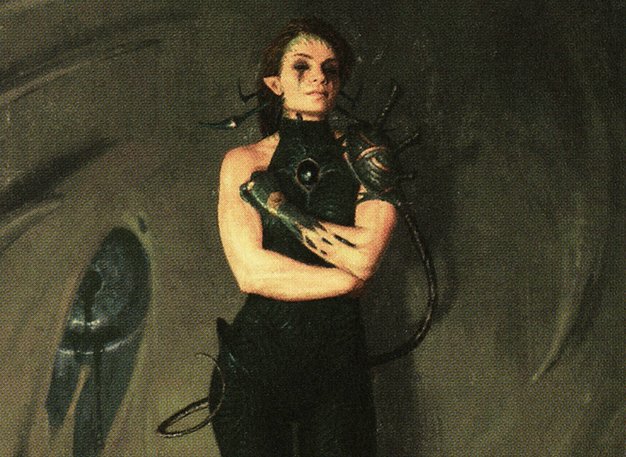
Belbe, Corrupted Observer
Generates colorless mana based on opponents losing life, aiming to ramp quickly and capitalize on opponents’ life loss for resource advantage.
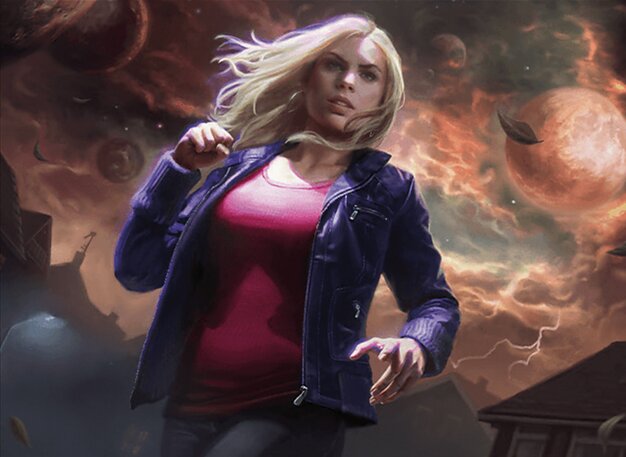

The Tenth Doctor / Rose Tyler
A slower, companion commanders deck that relies on a longer game plan, potentially involving time manipulation or control elements to win.

Tegwyll, Duke of Splendor
A faerie tribal deck leveraging flying, deathtouch, and card draw triggered by other faeries dying to maintain board control and card advantage.
Gameplay Insights
- 1
Players had to verbally announce all card effects and triggers, which significantly slowed down gameplay and increased the chance of errors, emphasizing deep knowledge of their decks.
- 2
Disputes over card text, such as whether Urza’s cost reduction applied at instant speed or only sorcery speed, underlined the importance of precise wording and understanding.
- 3
The difficulty of recognizing triggered abilities and passive effects without full card visibility highlighted how much players rely on card text and visuals in normal play.
- 4
Early strikes due to missed or misremembered triggers impacted players’ confidence and added a layer of tension to each decision.
- 5
The game revealed that playing complex combo or synergy decks, like The Tenth Doctor / Rose Tyler’s slower deck, is more challenging when players cannot see full card details.
Notable Cards
-
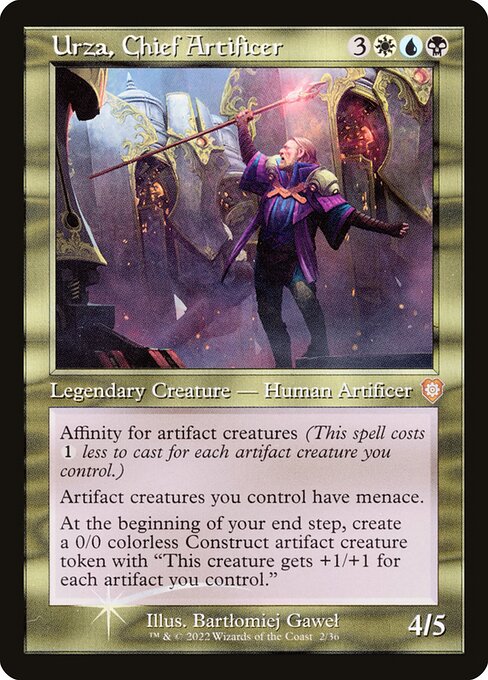
Urza, Chief Artificer
-

Belbe, Corrupted Observer
-
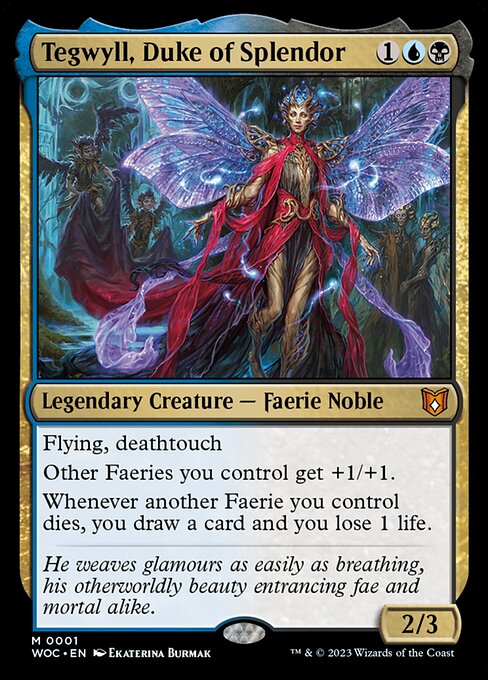
Tegwyll, Duke of Splendor
-
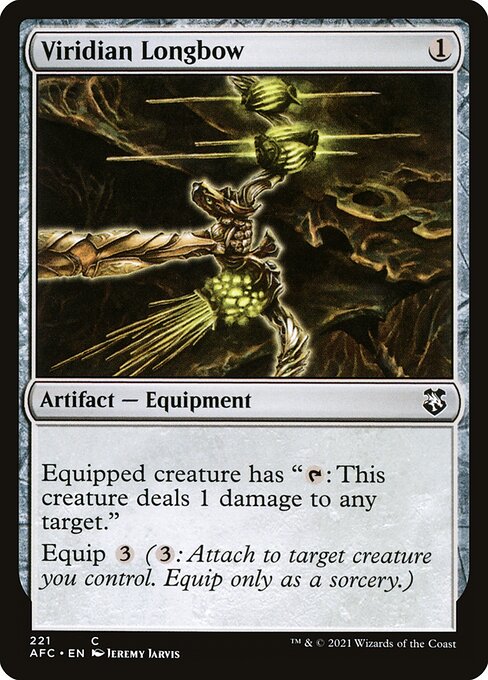
Viridian Longbow
-

Ancient Den
-
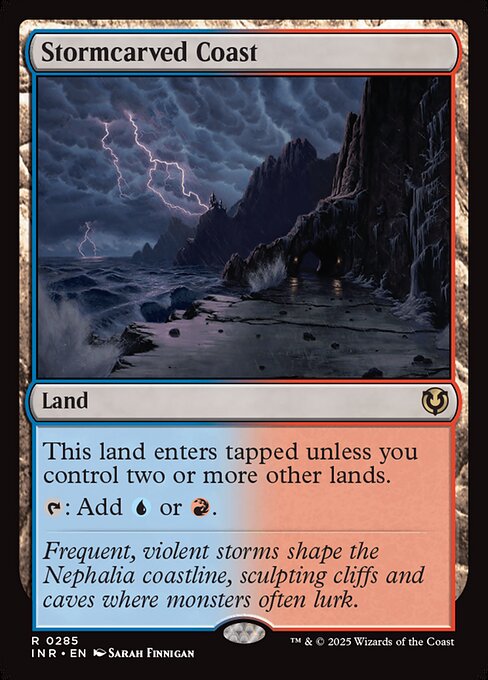
Stormcarved Coast
-
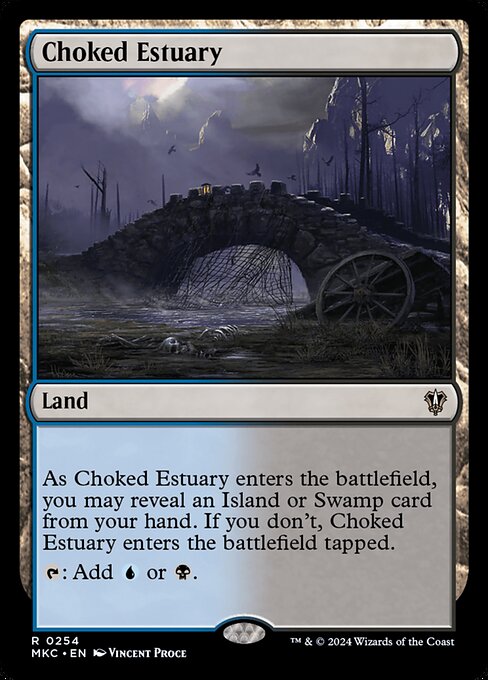
Choked Estuary
-
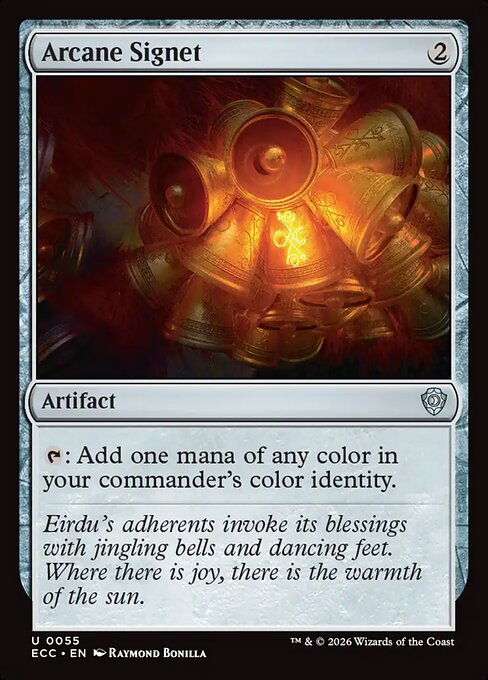
Arcane Signet
-

Temple of Enlightenment
Gameplay Summary
The game started with each player navigating the unique challenge of playing Commander with all their cards covered except for the name and casting cost.
This led to frequent missed triggers and disputes over card effects, making the gameplay both humorous and challenging.
Early turns involved players playing basic and non-basic lands, with some confusion about their exact abilities and triggers.
Key moments included Gabriel's early misidentification of a land's ability that dealt damage, which gave him the first strike, and Esmond casting Urza, Chief Artificer, whose abilities were debated but ultimately accepted after some back-and-forth. As the game progressed, players continued to announce triggers and effects aloud, with others challenging or conceding correctness, resulting in a tally of strikes.
The tension and fun were amplified by the unfamiliarity with one's own deck under these conditions, especially for Matthew’s Tenth Doctor and Rose Tyler deck which was noted to take longer to get going.
The dynamic interplay of commanders and the necessity to vocalize triggers kept the game engaging, with notable moments involving Belbe, Corrupted Observer’s mana generation ability being initially misstated and Tegwyll, Duke of Splendor’s faerie synergy.
The gameplay revolved around managing these communication challenges while trying to execute their decks’ strategies effectively.



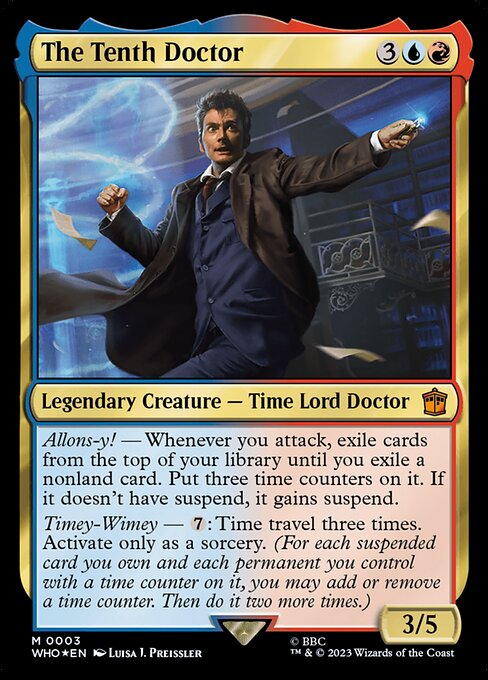




























![Favorite Precon Upgrade of 2022 [Commander VS 324] | Magic: the Gathering Commander Gameplay thumbnail](https://i.ytimg.com/vi/bNtpdfoanxo/sddefault.jpg)
![Brothers' War vs Dominaria United [Commander VS 315] | Magic: the Gathering Commander Gameplay thumbnail](https://i.ytimg.com/vi/_-hCwDSKn3I/sddefault.jpg)









